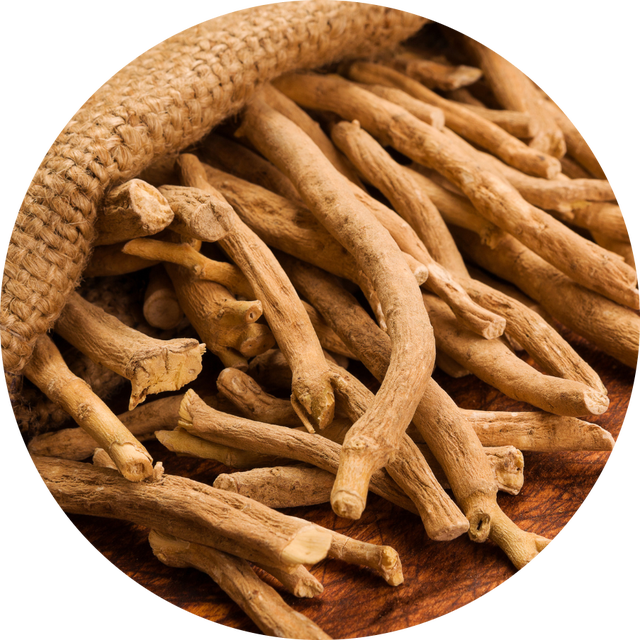- PLANT MEDICINE
- >
- Tinctures
- >
- ASHWAGANDHA TINCTURE
ASHWAGANDHA TINCTURE
SOLD OUT - TEMPORARILY UNAVAILABLE
Family: Solanaceae
Genus: Withania
Species: Withania somnifera
Common Names: Ashwagandha, Indian Ginseng, Winter Cherry
Parts Used: Root, leaves, and berries
Main Actions: Adaptogen, Immunomodulator, Antioxidant, Anti-inflammatory, Neuroprotective, Tonic, and Mild Sedative
Other Actions: Anxiolytic, Antidepressant, Sedative, Anti-fatigue, Anti-cancer properties
Description: Ashwagandha is a small shrub with yellow flowers native to India, the Middle East, and parts of Africa. It is highly valued for its medicinal properties and has a history of use in traditional Ayurvedic medicine. Ashwagandha is an adaptogenic, tonic and mild sedative, as well as a natural adaptogen, which helps to reduce stress and anxiety. It improves vitality and aids in recovery after chronic illness. It invigorates when fatigued, eases the impact of stress, clarifies the mind, calms and strengthens the nerves, and promotes sound restful sleep. It is also useful in treating chronic inflammatory diseases such as rheumatoid arthritis and psoriasis. In effect, it strengthens and supports physical and mental performance, at the same time that it relieves anxiety.
Tribal and Herbal Medicine Uses: Adaptogen to combat stress, enhance cognitive function (memory, focus, and concentration), boost energy levels, improve fertility in men and women, reduce joint pain and inflammation, balance hormones and improve mood, boost the immune system and improve overall health.
Plant Chemicals: Withanolides, Alkaloids, Saponins, Steroidal lactones
Biological Activities and Clinical Research: Studies suggest anti-stress and anti-anxiety effects, potential anti-inflammatory and analgesic properties, immunomodulatory effects observed in research, antioxidant properties demonstrated.
Current Practical Uses: Dietary supplement for stress management, in traditional medicine for various health concerns, available in various forms such as capsules, powder, and tinctures.
Main Preparation Method: Typically consumed as a powdered supplement or as an extract
Main Actions (in order): Adaptogen, Immunomodulator, Antioxidant, Anti-inflammatory, Neuroprotective
Main Uses: Stress management, immune system support, cognitive function enhancement, anti-inflammatory benefits
Properties/Actions Documented by Research: Adaptogenic, Immunomodulatory, Antioxidant, Anti-inflammatory
Other Properties/Actions Documented by Traditional Use: Anxiolytic, Antidepressant, Sedative, Anti-fatigue, Anti-cancer properties
Cautions: Generally considered safe, but caution during pregnancy and breastfeeding, allergic reactions possible in sensitive individuals.
Traditional Preparation: Often consumed as a decoction or mixed with honey
Contraindications: Individuals with autoimmune diseases, pregnant or breastfeeding women (use with caution)
Drug Interactions: May interact with medications for diabetes, blood pressure, and sedatives. Consultation with a healthcare professional is advised.
Recommended dosage: 2-3ml taken 2x-3x daily in a small glass of water or juice on an empty stomach for better absorption.





